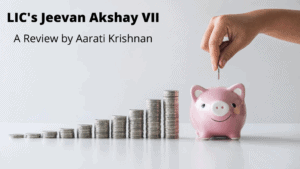
Should you subscribe to the UTI AMC IPO?
The Initial Public Offer (IPO) of UTI AMC is hitting the markets today and will close on October 1. This offer of 3.89 crore shares to the public is made up entirely of sale of shares by UTI’s key shareholders – SBI, LIC and Bank of Baroda. In addition, T Rowe Price International Ltd, a long-standing global investor in UTI and PNB a sponsor, are also selling a small part of their holdings. UTI AMC will not receive any capital infusion from these divestments.











